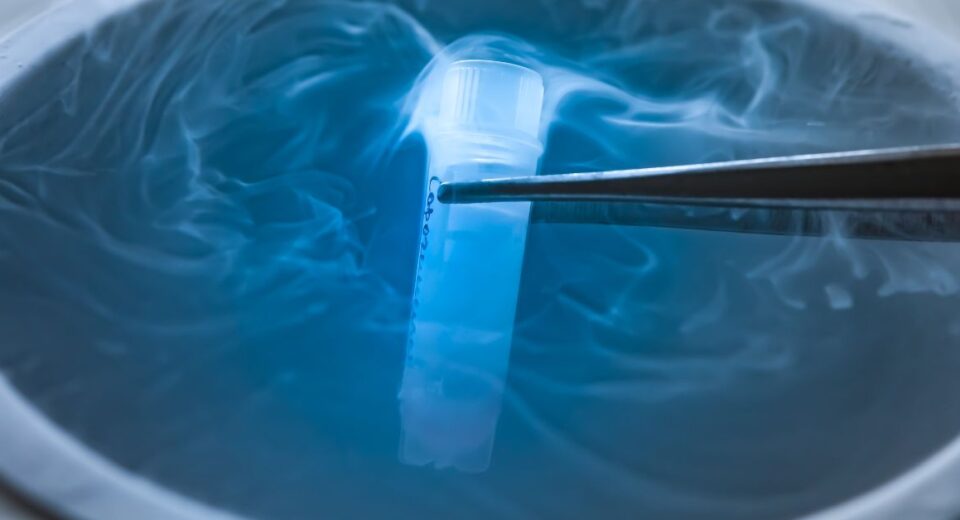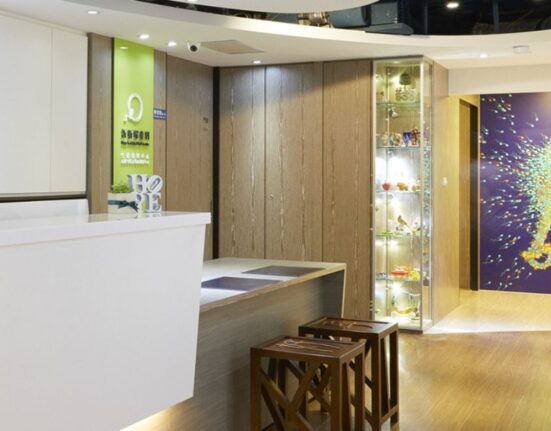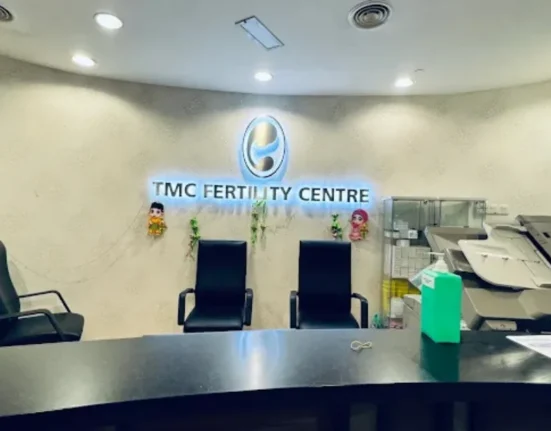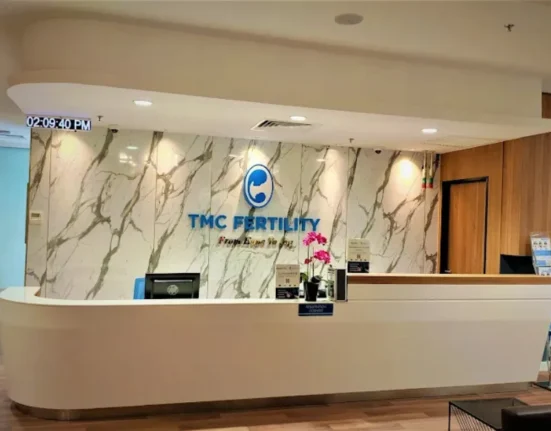Egg Freezing
Take Control of Your Future Fertility
Egg freezing, or oocyte cryopreservation, is a fertility preservation method that involves collecting, freezing, and storing a woman’s eggs for future use. It offers greater reproductive flexibility – whether due to medical conditions, career planning, or personal circumstances. Age is a key factor, as fertility declines over time, making earlier intervention more effective.
At What Age Should You Freeze Your Eggs?
- August 18, 2025
- 700 Views
- Reading Time: 3 minutes
How Much To Freeze Eggs Singapore: A Detailed Look At Costs And Factors
- July 3, 2025
- 826 Views
- Reading Time: 3 minutes
Your Complete Guide to Egg Freezing And Fertility Preservation
- August 18, 2025
- 735 Views
- Reading Time: 3 minutes
Why You Should Consider Egg Freezing?
A woman’s egg quality and quantity naturally decline with age, especially after 35, which can affect future chances of conception. Freezing your eggs earlier offers better success rates and greater flexibility when you are ready to start a family. It can also provide peace of mind if you are facing medical treatments or simply not ready for parenthood.

[SG] 365Mall Featured
[MY] 365Mall Featured
Hospitals & Medical Centres
Find A Doctor
Thinking about egg freezing? Speak to a Obstetrician & Gynaecologist or a Fertility Specialist today. They can assess your current fertility health, explain the process, and help you decide if egg freezing suits your goals. Factors like age, medical history, and lifestyle all play a role – and expert advice ensures you make an informed decision.


[Big Story] Rectal Cancer Treatment



[SG] Featured Doctor
View more fertility specialists on 365Find.
Book an appointment for Egg Freezing or to consult a Fertility Specialist. Contact us via the button below.
Featured Financial Advisors


[Big Story] Rectal Cancer Treatment

[SG] Featured Doctor
FAQs
The ideal age to freeze eggs is before 35, as egg quality and quantity decline with age. However, many women freeze eggs between 30 and 37 for personal or medical reasons.
Eggs are retrieved through a minor surgical procedure under sedation. They are then frozen using vitrification, a fast-freezing method that helps maintain their quality for years.
In Singapore and Malaysia, eggs can be stored for up to 10 years or more, depending on national regulations and medical indications. Some cases allow extension based on fertility status.
Freezing eggs increases your chances of having a biological child later, but success is not guaranteed. Factors such as age at freezing, egg quality, and future fertility treatments can affect outcomes.





































